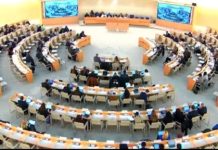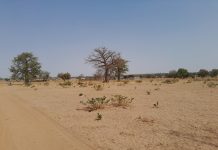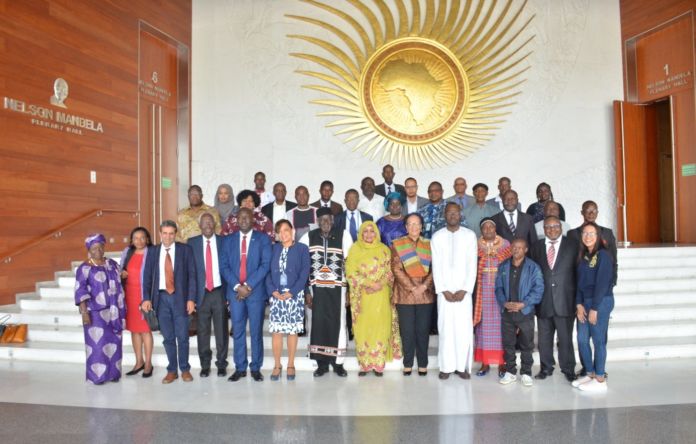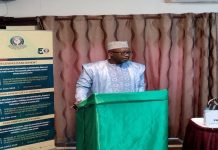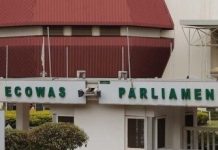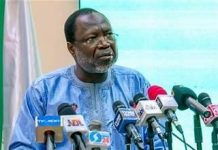By Momodou Jarju
Participants at the Africa Regional Meeting on the 2019 International Year of Indigenous Languages, have identified four “favorable” conditions that should be set to facilitate knowledge sharing of these indigenous languages.
They said the tools which should help in knowledge sharing are the television, radio, books, and CDs and that the four conditions outlined are the legal regulation framework, capacity building, monitoring procedures, and funding.
Among the recommendations made are:
- a) languages must be preserved legally and constitutionally;
- b) didactic tool should be elaborated;
- c) avoid considering colonial languages as prestigious languages;
- d) capacity building policy for media, and
- e) people who teach African languages to be trained as well as those who teach European languages.
The meeting which was held on 30-31 July 2019, aims to formulate a draft document for the implementation of Resolution 71/178 of the United Nations General Assembly. The action plan aims to contribute to realizing indigenous peoples’ rights worldwide, as stated in the United Nations Declaration on the Rights of Indigenous Peoples by engaging the United Nations system in support of Member States.
The event was a follow-up to the recommendations of the Permanent Forum Action Plan for organizing the 2019 International Year of Indigenous Languages held in New York from the 16th to the 27th of April 2018.
Ms. Ana Elisa Santana Afonso, Director and Representative of the UNESCO Liaison Office in Addis Ababa, in her welcome remarks tasked participants to come up with a comprehensive strategic document to allow for greater interaction and to acknowledge a critical status of indigenous languages around the world. “It has been indicated that everyone should get involve in the promotion and development of indigenous languages because the description of these languages has always been a big challenge. The situation of these indigenous people is not the same in African countries,” she said.
Ms. Afonso said adequate resource mobilization is necessary to develop and promote Indigenous languages; that it is because of this reason that 700 events have already been registered for the sake of developing them.
Dr. Lang Fafa Dampha, Acting Executive Secretary of the African Academy of Languages (ACALAN) under the auspices of the African Union (AU), indicated that the objectives of the meeting were in tandem with the vision of the founding fathers of the African Union who believed in the promotion and development of African languages. “Languages are not only our first medium for communication but the heart of each person’s unique identity, cultural history and memory,” Dr. Dampha said.
He said the African Union through ACALAN has been investing in both human and non-human resources to develop African languages, with the view to empower its speakers and users; that ACALAN has been given the power of developing and promoting African languages alongside languages inherited from colonial powers in the perspective of linguistic diversity and convivial multilingualism.
Yahya Al-Matarr Jobe, a representative of the Electoral Group of African Member States to the Steering Committee for the Organization of the 2019 International Year of Indigenous Languages of the Gambia, disclosed that Australia, Ecuador, Estonia, France, the Gambia and Saudi Arabia, are the countries nominated as representatives of the six UN socio-cultural regions, while Australia and France have been nominated co-chairs on behalf of the member states.
Jobe who is the only African selected to represent the African continent on the Global Steering Committee, said the Gambia together with other members of the steering committee, will support the endorsement of the outcome document at UNESCO’s Executive Board, so as to bring further attention and mobilize stakeholders for the promotion and support of indigenous languages worldwide.
Modou Lamin Age-Almusaf Sowe, Secretary General of the Writers’ Association of the Gambia (WAG) who also attended the meeting, said Africa keeps her traditional knowledge through indigenous languages which emanates from several human experiences protected and transmitted from different generations.
“Indigenous languages have been disappearing and so within a few years to come, Africa will lose half of her linguistic property. This loss will be due to the exclusion of Indigenous languages in our education systems, public life and migration,” Sowe said.



